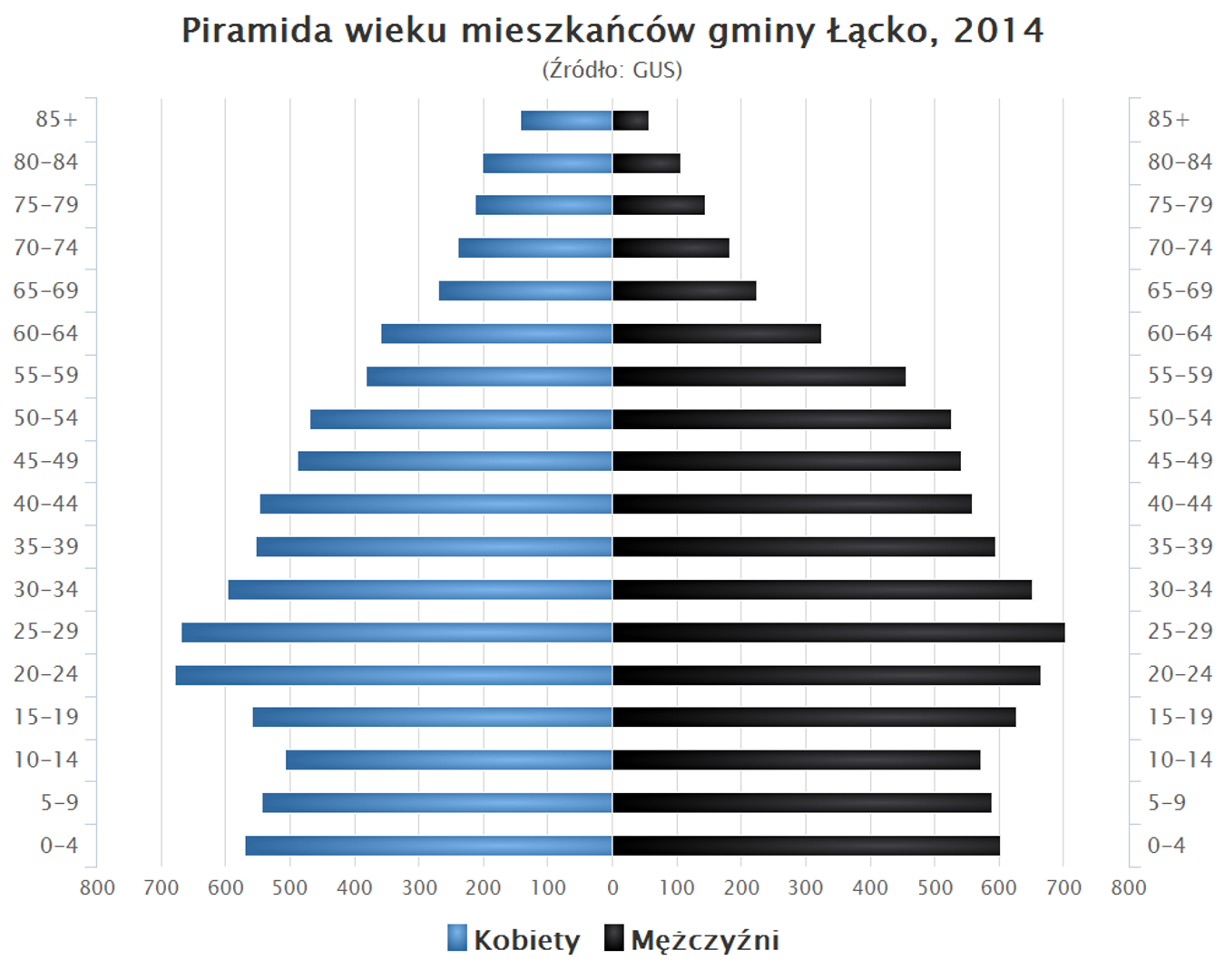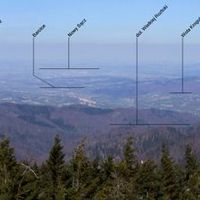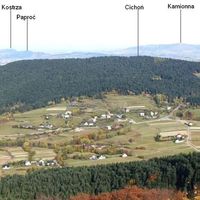Łącko
7.49

Overview
Łącko is a rural municipality in the Lesser Poland Voivodeship, known as the capital of the orchard region, with its administrative seat in Łącko. It is characterized by a rich history and diverse culture. The villages of the municipality are situated on both sides of the Dunajec River, creating a picturesque landscape, and the area is abundant in agricultural land (51%) and forests (43%). The Łącko municipality borders seven other municipalities, which fosters tourism development and local cooperation. It is worth noting that the first mentions of Łącko date back to 1251, when the village was granted to the Order of the Holy Sepulchre by the castellan of Nowy Sącz. The history of Łącko is also linked to Princess Kinga and the activities of the Poor Clares, who owned these lands for many centuries. The municipality's architecture includes numerous historical monuments, such as churches like the parish church of St. John the Baptist from 1728, known for its early Baroque altar and a stone baptismal font from 1493. The 17th-century church in Czarny Potok is famous for its painting of the Sorrowful Mother of God, while the church in Jazowsko, dedicated to the Nativity of the Blessed Virgin Mary, impresses with its late Baroque interior. The municipality is also a venue for important cultural events, such as the Festival of the Blooming Apple Tree, which has been held since 1947, and the Łącko Fruit Harvest, promoting local orchard farming and regional specialties. In the historical struggle for independence, Poles from Łącko actively participated in uprisings and wars, which influences the sense of local identity. Modern life in the municipality blends tradition with modernity, offering tourist attractions, including mountain trails in the Beskids and water sports on the Dunajec River. The region's popularity is enhanced by agritourism and international events, such as kayaking trips. The Łącko municipality, rich in history, tradition, and nature, is an attractive destination for both tourists and residents.
Location
You can also find here:
2026 Wizytor | All Rights Reserved


